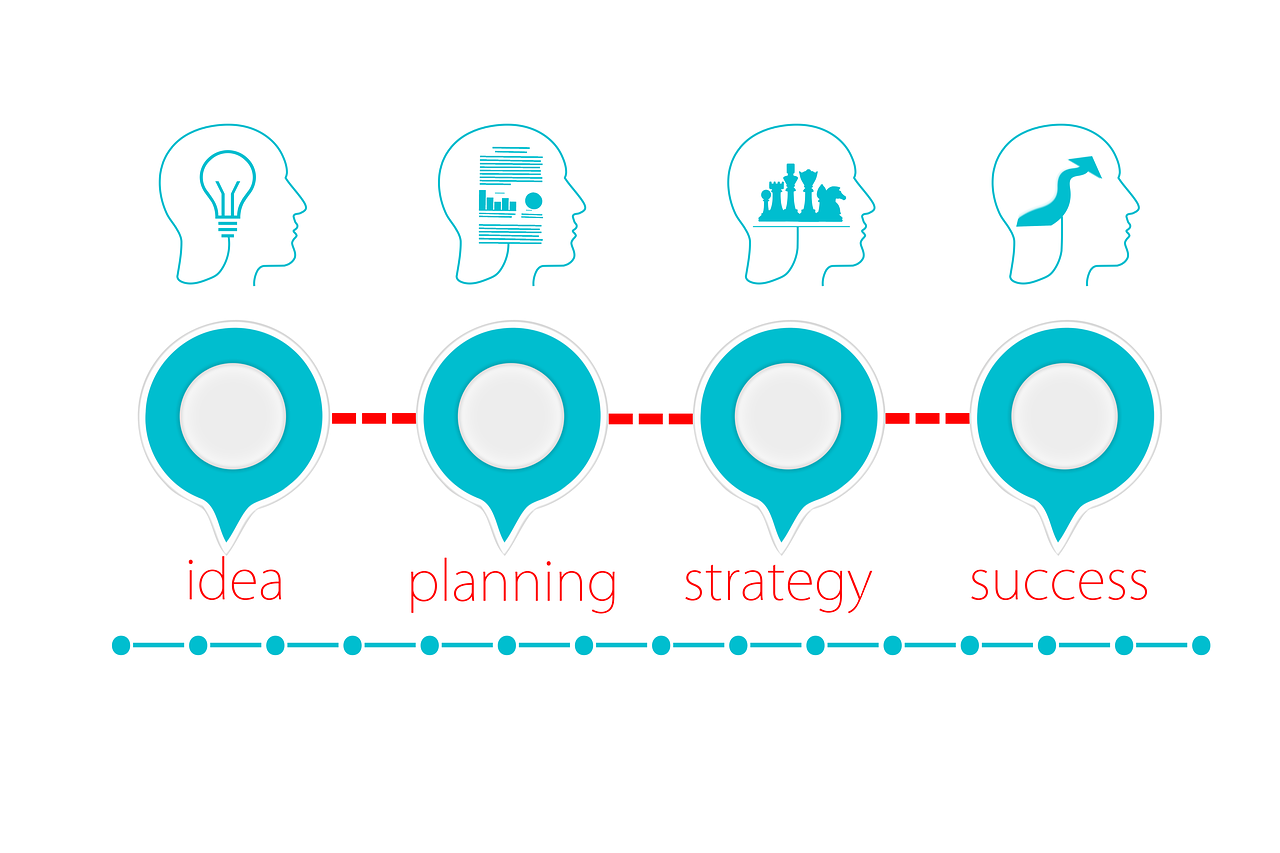
If you’re considering establishing your own business, you’re certainly aware that determining the startup costs is a critical component of getting your venture off the ground. Simply said, you require capital in order to earn money.
Depending on the nature of your business, you may be required to establish an internet presence, lease equipment and office space, obtain permits and licences, and hire competent staff. All of these factors can result in a variety of monthly bills. To comprehend your costs and launch a profitable business enterprise, you’ll need to know the answer to the following burning question: How much would starting your own business cost?
The following is a complete guide to identifying costs, establishing the most successful method of cost estimation, and determining the most appropriate funding method for your new enterprise.
Recognize the many sorts of charges
Before you can begin determining the cost of starting your own firm, you must understand the various ways startup costs are classified. While developing business plans, keep in mind that there are two primary categories of expenses:
Costs associated with starting a business: Startup expenditures may include legal and state incorporation fees, as well as deductions for business travel and meals, as specified in the SBA guidelines.
Additionally, the term “expenses” is used to refer to capital expenses or assets, which are one-time acquisitions such as property, equipment, and cars. They are not deductible for tax purposes.
How can the cost of launching a new business be determined?
There are numerous approaches for estimating the cost of starting a business. By distinguishing between these expenditures and expenses, you may improve your business’s cash flow management and ascertain your company’s overall financial success.
- One-time expense rather than continuing expense
A one-time expense might range from the purchase of equipment to the cost of a one-time service, such as a professional consultation or legal counsel. If you make an unforeseen purchase, you may discover that more money is flowing out of your firm rather than being entered as you review your month’s bookkeeping. It is possible that you will be forced to make up for any monetary loss caused by unforeseen or nonrecurring spending later in the month. Therefore, ensure that you arrange your one-time costs in accordance with this.
In contrast, continuous expenses should have no effect on your cash flow on a monthly basis because they are included in your budget on a regular basis. The most frequently recurring expenses include rent or utilities, as well as insurance and personnel wages.
- Necessary vs. cost-of-use
Certain costs, for example, those associated with growth and development, cannot be avoided. The most significant costs include taxes, personnel salaries, and debt repayment software, among others.
Nevertheless, optional expenses are incurred as long as the budget permits. These may include an improvement to the office coffee maker and snacks, as well as a number of other little perks.
- Costs that are fixed vs. costs that are variable
Analogous to ongoing costs Fixed costs apply regardless of the quantity sold. This indicates that fixed costs are not variable and should have no effect on cash flow. Weekly wages, office space rent, and even equipment depreciation are all common examples of fixed expenses in the majority of organisations.
Variable costs are dictated by sales volume, therefore when sales increase, variable expenses such as production equipment and raw materials increase as well. If your bakery is successful, your variable expenses for sugar, flour, and butter will be higher.
Determine your financial alternatives.
If you’re wanting to fund your business, you have a variety of options. Here are a few risk-free and effective funding models.
- Loans to small businesses
The United States Small Business Administration (SBA) offers a variety of lending products to small firms, including seven (a) loans, microloans, and 504 loans. SBA-guaranteed loans provide competitive interest rates and costs when compared to other types of loans. They also have a number of particular advantages, including reduced administrative requirements and the absence of collateral.
- Governmental assistance
The government offers a plethora of grants to small enterprises at the federal, state, and municipal levels. Several examples include grants from the National Institute of Health that provide funding to small businesses focused on COVID-19 research; Rural Innovation Stronger Economy (RISE) grants that support the creation of new jobs in rural areas and in agriculture with funding ranging from $500,000 to $2 million; and many others.
- Capitalists
A third way to raise money for your business is to approach angel investors. They are wealthy individuals who have the financial means to invest in startups in order to obtain ownership interest in the business. Although there is no set sum for these investors, their investments are thought to range from a few hundred dollars to millions of dollars.










